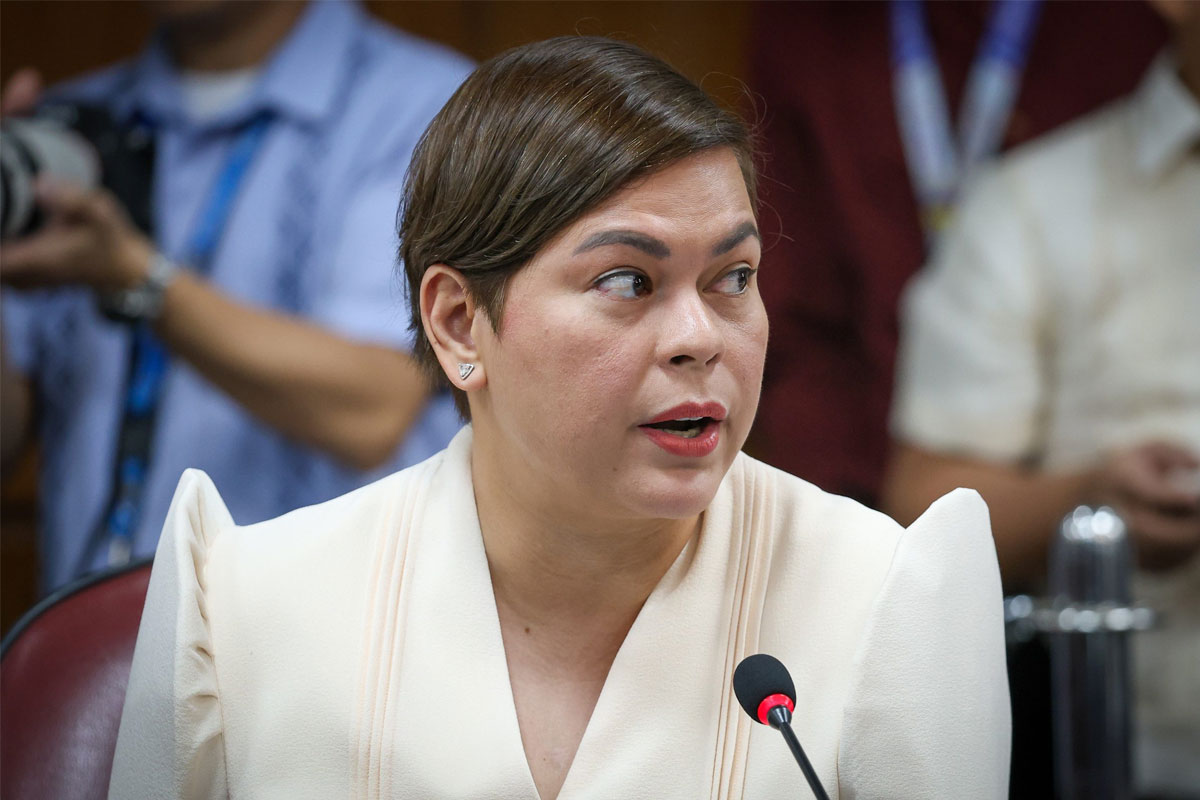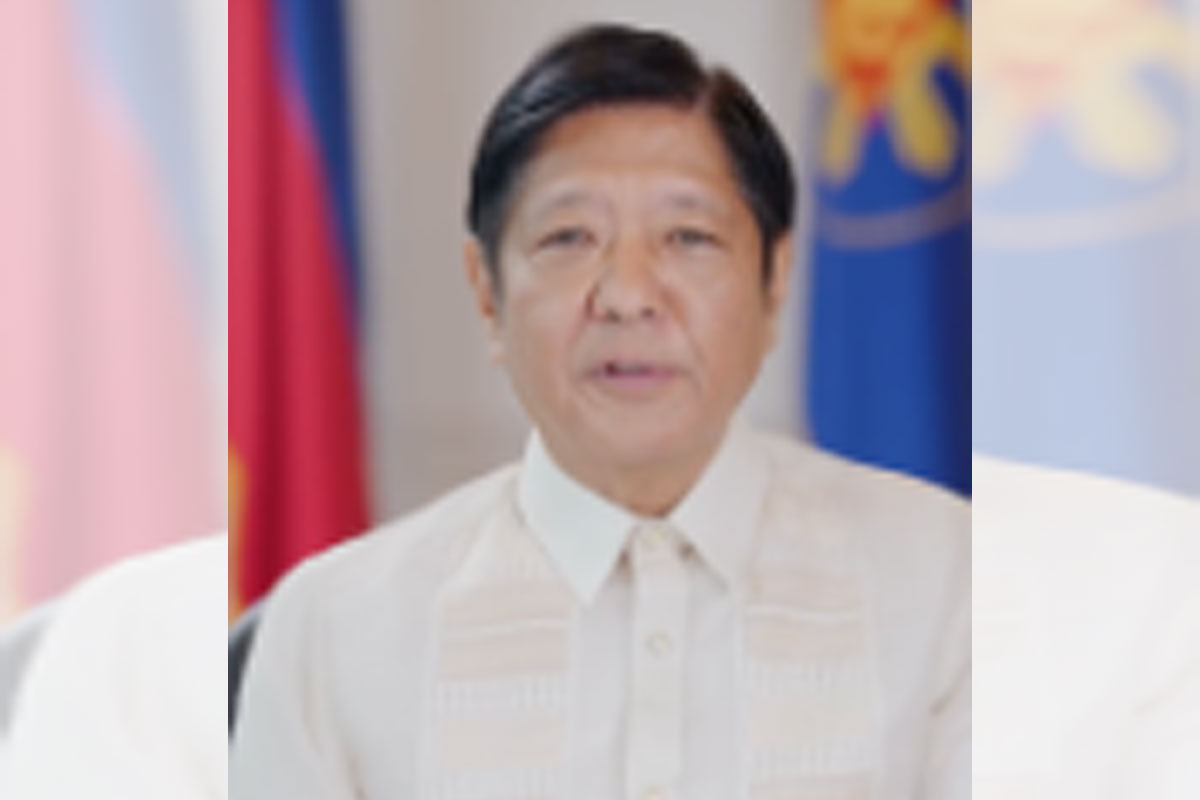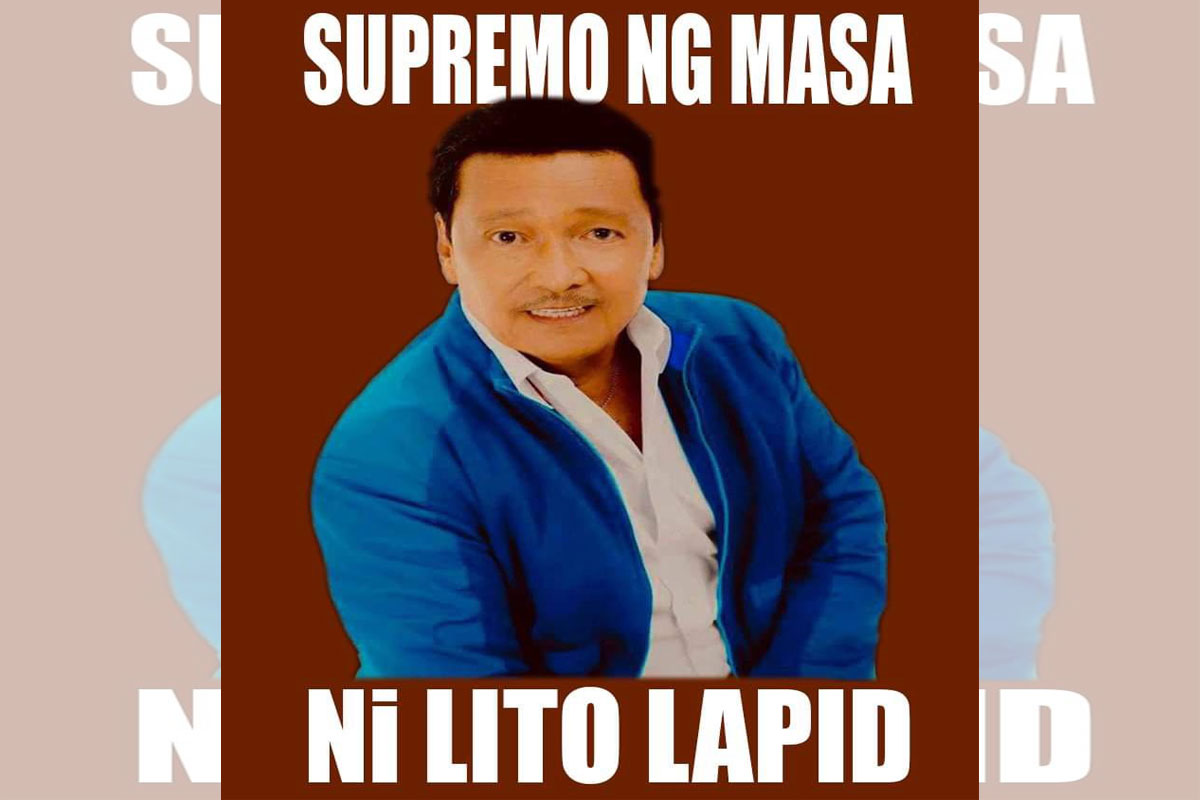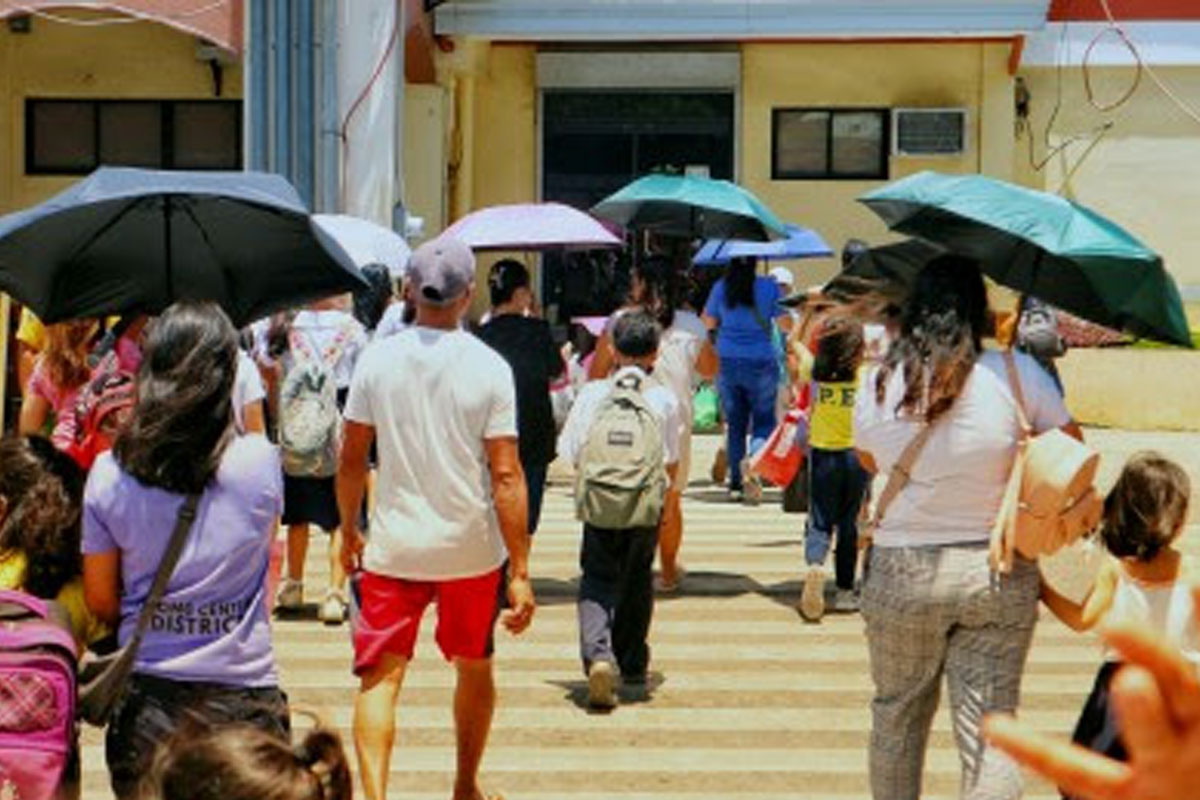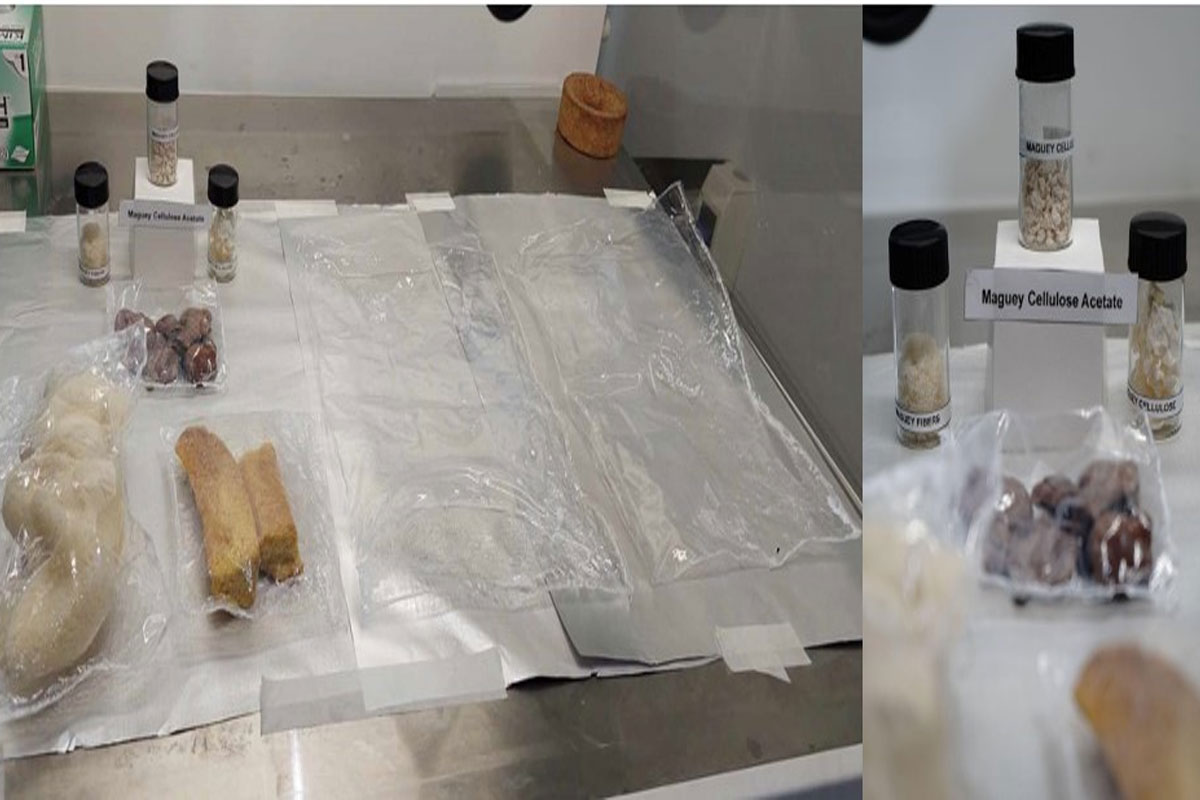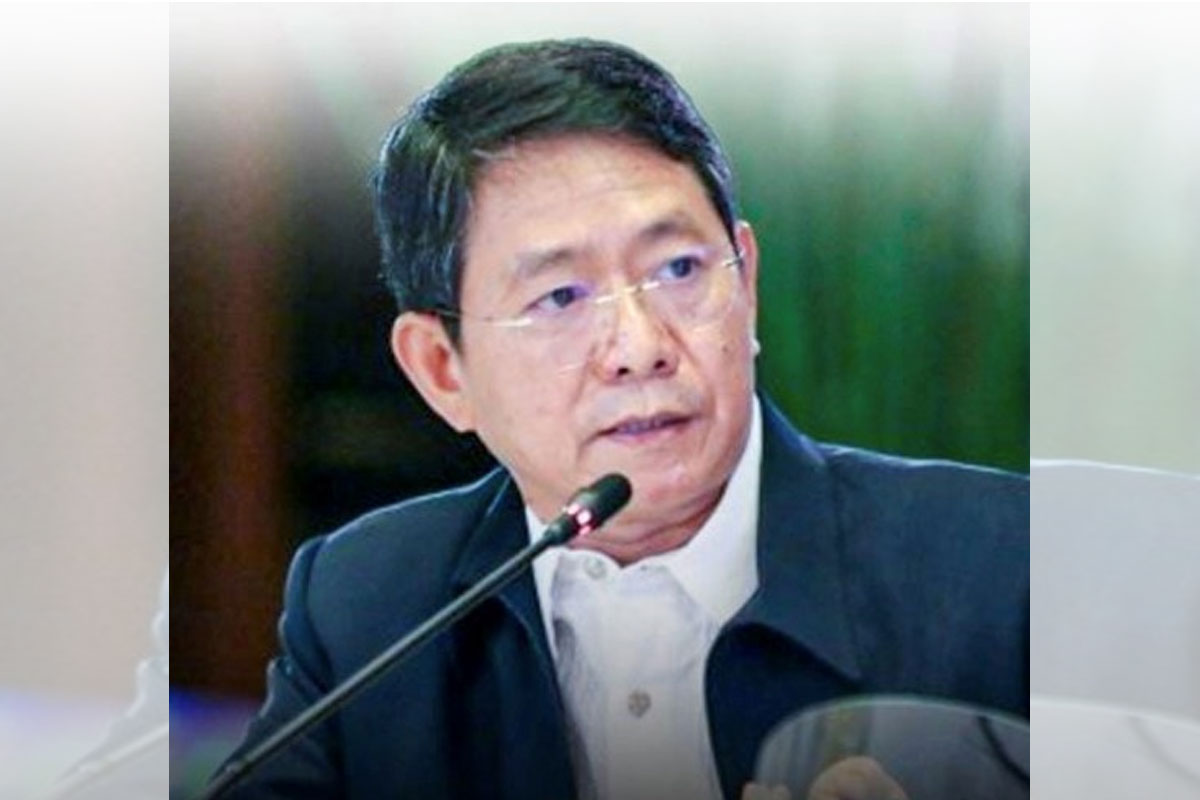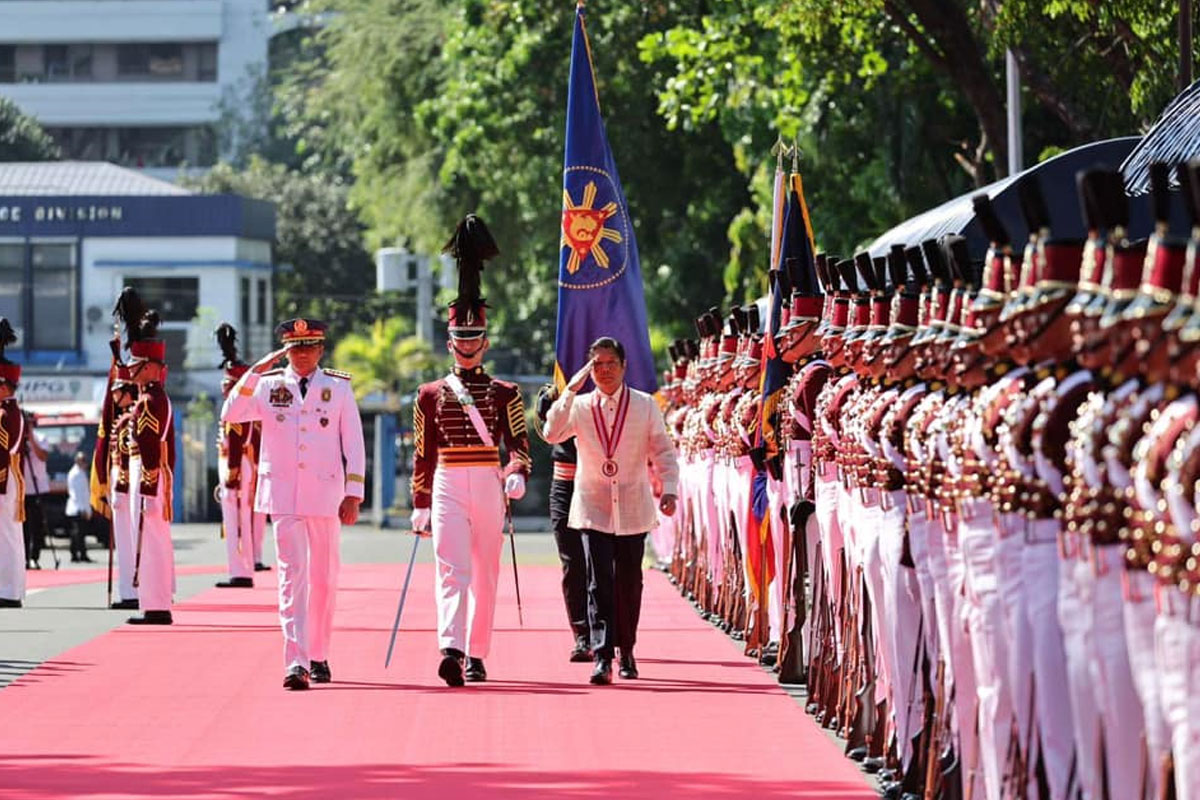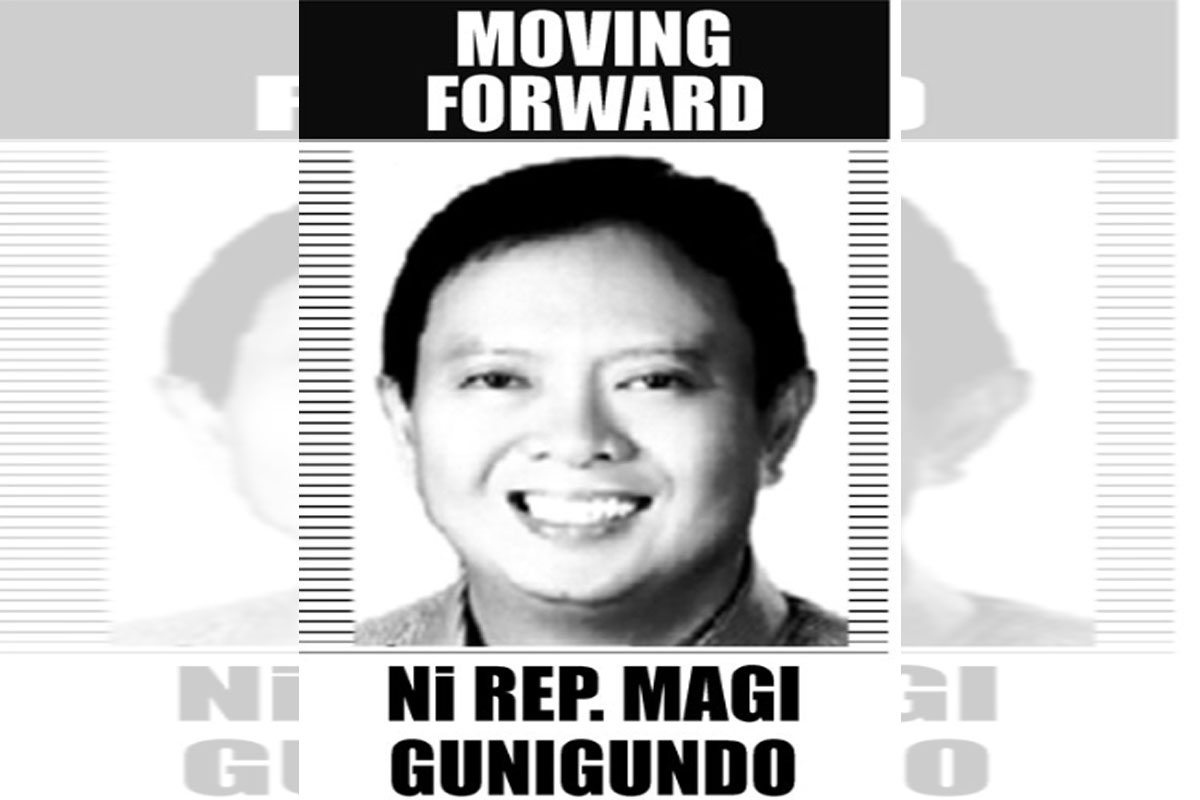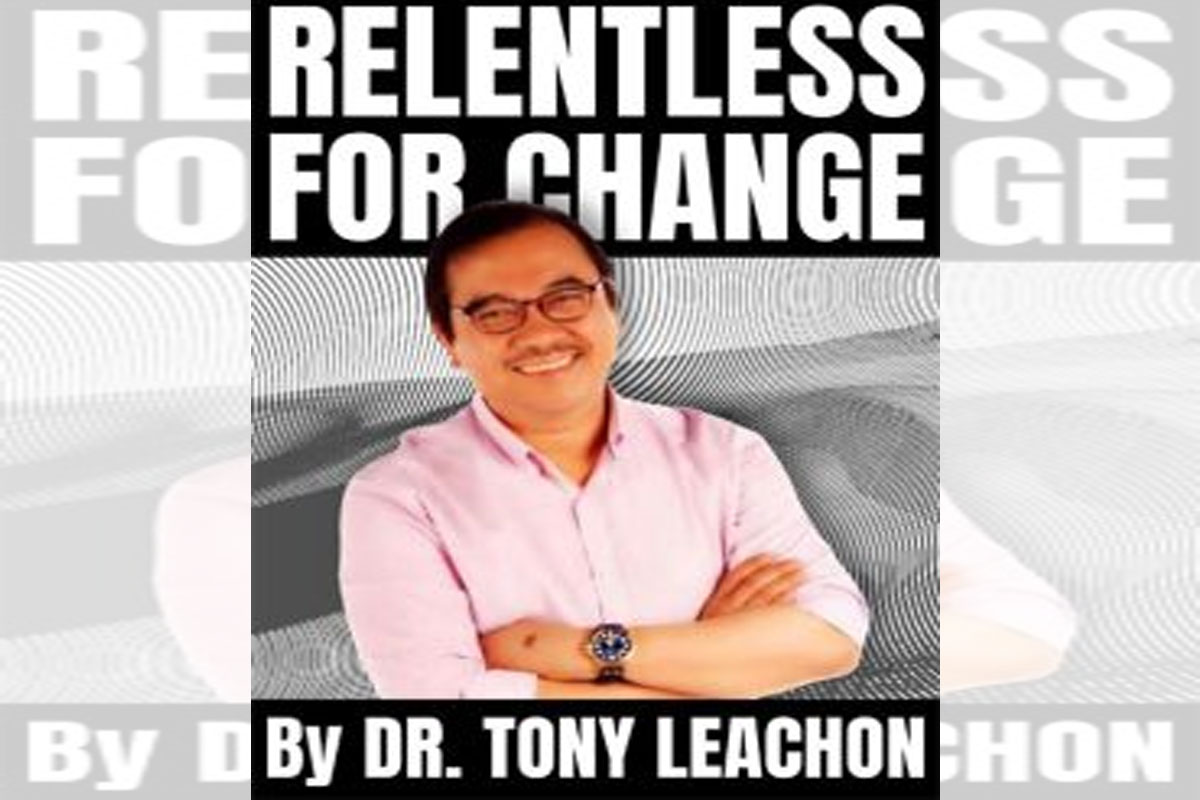
Leadership in Crisis Situation : Danger and Opportunity
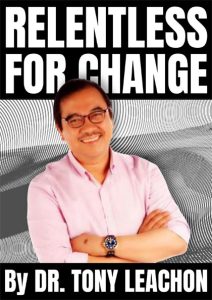 A LEADER should be able to feel the early signs of crisis and warn the employees of an organization or the citizens of the country against the negative consequences of the same. It is his duty to take precautionary and proactive measures to avoid an emergency situation. A leader should be able to foresee crisis before it unfolds. At the heart of turning crisis into opportunity is mental reframing. You don’t have to ignore the reality of the situation, but you can change how you view it. Use the experience of being out of your comfort zone to seize opportunities.
A LEADER should be able to feel the early signs of crisis and warn the employees of an organization or the citizens of the country against the negative consequences of the same. It is his duty to take precautionary and proactive measures to avoid an emergency situation. A leader should be able to foresee crisis before it unfolds. At the heart of turning crisis into opportunity is mental reframing. You don’t have to ignore the reality of the situation, but you can change how you view it. Use the experience of being out of your comfort zone to seize opportunities.
Indeed, 100 days are long enough to see the future of how a new leader would face and solve our national problems, particularly on health and economy.
The first 100 days of Franklin D. Roosevelt’s presidency began on March 4, 1933, the day Frank Roosevelt was inaugurated as the 32nd president of the United States. He had signaled his intention to move with unprecedented speed to address the problems facing the nation in his inaugural address,
US President Frank Delano Roosevelt began The New Deal with an ambitious set of programs during his first 100 days in office. The New Deal was a series of programs and projects instituted during the Great Depression to restore prosperity to Americans.
The late 35 th US President John F. Kennedy was quoted as saying: “The Chinese use two brush strokes to write the word ‘crisis’. One brush stroke stands for danger; the other for opportunity. In a crisis, be aware of the danger–but recognize the opportunity”.
The opportunity is to stand in the fear, recognize the danger, and stay focused on the present need calling for attention. The opportunity is to be with someone in crisis, who is a person having an incredibly intense experience , agility , and vision.
Effective leaders have moral courage to see difficult situations and accept responsibility for the outcomes of decisions and actions. Those leaders who do not have courage to express their own ideas and opinions and feelings do injustice to themselves and to their followers.
In my humble opinion , we need four key leadership behaviors to regain the people’s confidence and trust.
Behavior 1: Decide with sense of urgency
The situation is changing by the day — even by the hour. The best and authentic leaders quickly process available information, rapidly determine what matters most, and make decisions with courage and conviction. During a crisis, cognitive overload looms; information is incomplete, interests and priorities may clash, and emotions and anxieties run high. Analysis paralysis can easily result, exacerbated by the natural tendency of matrixed and huge organizations to build consensus. What should true leaders do in crisis situations ?
Define priorities. Identify and communicate the three to five most important ones. Early in the crisis, those might include COVID pandemic exit plan, filling up vacant posts , financial liquidity, economic triggers , and operational continuity. Document the issues identified, ensure that leadership is fully aligned with them, and make course corrections as events unfold.
Make smart trade – offs. What conflicts might arise among the priorities you have outlined? Between the urgent and the important? Between survival today and success tomorrow? Instead of thinking about all possibilities, the best leaders use their priorities as a scoring mechanism to force trade-offs.
Name the decision makers in your team. In the Cabinet command “war room,” establish who owns what. Empower the front line to make decisions where possible, and clearly state what needs to be escalated, by when, and to whom. Your default should be to push decisions downward, not up. Delegation with authority is important.
Embrace action, and don’t punish people who commit mistakes, unless the problem is integrity related. Missteps will happen, but our experience indicates that failing to act is much worse.
Behavior 2: Listen to the people with different ideologies who are willing to provide sparks in the organization to trigger positive action.
Strong leaders get ahead of changing circumstances. They seek input and information from diverse sources even with divergent opinions and they are not afraid to admit what they don’t know, and bring in outside expertise when needed. Oprah Winfrey , once said , “ You have to find what sparks a light in you so that you in your own way can illuminate the world.”
Behavior 3: Reliably deliver results .
The best leaders take personal ownership in a crisis, even though many challenges and factors lie outside their control. They align team focus, establish new metrics to monitor performance, and create a culture of accountability.
Behavior 4: Engage for deep impact.
In times of crisis, no job is more important than taking care of your team. With 100 days into office , we have seen resignation of key Cabinet members and the lack of Cabinet secretaries in key posts eg DA and DOH. Effective leaders have clear understanding of their team’s circumstances and distractions, but they find ways to engage and motivate, clearly and thoroughly communicating important new goals and information. This point deserves extra attention, because although the COVID-19 pandemic is, of course, a health crisis, it has sparked a financial crisis as well. The leaders need to reiterate new priorities frequently to ensure continued alignment in this time of constant and stressful change.
As a leader of leaders, you are navigating new and ever-changing priorities with limited time to react. Some small investments in support and coaching can go a long way toward boosting your leaders’ effectiveness. One of our greatest mistakes is imposing our suffering on the next generation.
The fact that you endured unreasonable demands and unclear expectations doesn’t mean others should. The responsibility of present leaders is not to repeat the errors of the past. It’s to improve the future. When you follow an incompetent leader blindly, consider the factors that would lead you to fully support the leadership.
If the answer is nothing, your integrity is in jeopardy. Your highest loyalty belongs to principles, not people. No leader deserves unconditional love and blind following. Commitment is earned through character.
We should start listening to the voice of the people. The goal of a great discussion isn’t to land on the same page. It’s to explore different views.Nods and smiles stroke your ego and close your mind.
Let’s challenge the status quo. Thoughtful questions stoke your curiosity and stretch your thinking.
Consensus makes you comfortable. Dissent makes you smarter.
People with a surplus of confidence and a shortage of character never fail to disappoint. We have seen these people in the last 100 days of this administration. A crisis is when it is most important for leaders to uphold a vital aspect of their role: making a positive difference in people’s lives.
We need a different set of leaders who can communicate well to the citizenry — now more than ever.
And perhaps, the most essential and vital element of crisis leadership is clear and trustworthy communication. People are tired of arrogant , insensitive , and abrasive leaders. Leadership skill is inversely related to the size and fragility of the ego. Humility, generosity, and honor are underrated virtues in the vetting process. The most principled person is the best poised to serve and lead.
The President should find these leaders to help him inspire the Filipino people in this time of crisis.
In closing, we need to gather more inspiring young and dynamic leaders. Margaret Mead, an American cultural anthropologist , quipped, “Never doubt that a small group of thoughtful, concerned citizens can change world. Indeed it is the only thing that ever has. “ By Dr. Tony Leachon
###
Anthony C. Leachon, M. D.
Independent Health Reform Advocate
Past President ,
Philippine College of Physicians
Chair , Kilusang Kontra Covid
( KILKOVID )



